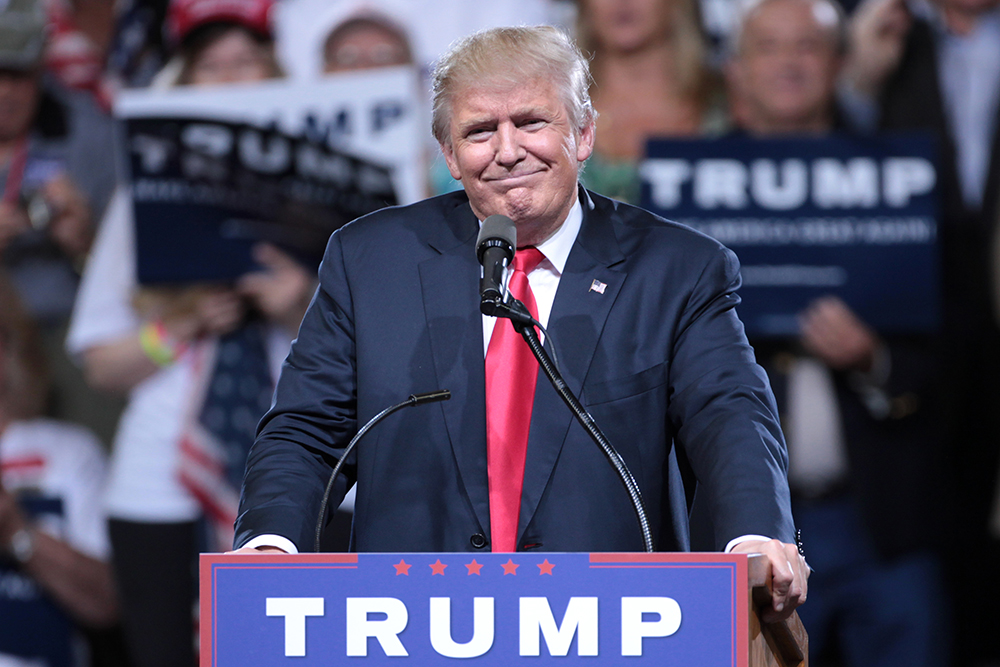A collection of tweets titled “Day One In Trump’s America” displays evidence of hateful vandalism, xenophobic and racist bursts of anger at people of color. This hateful rhetoric against women, Muslims, black communities, Asians and Latinos was born when this country was founded on settler-colonialism, genocide and slavery. Hate crimes are not new. However, we cannot allow the Trump administration to normalize this type of behavior in our communities.
A student responsibility
Students of several university campuses nationwide have already witnessed hate crimes. An article by KPCC reports how administrators at UCLA took down fliers displaying “the logo for the white nationalist ‘alt right’ movement.” An Associated Press report lists acts of racially-motivated hate crimes in middle schools, high schools and college campuses across the nation. This is unacceptable. Students must speak out against racism and xenophobia on campus and in our communities. When we fail to speak out against racism and hate, we become complicit in the very system that institutionalizes it. Students must not only speak out against individual expressions of hate, but must also challenge and dismantle systems and power structures perpetuating racism.
Sanitizing the historical narrative of this country fosters a culture of ignorance and whitewashes the crimes committed against oppressed people groups. We cannot partition history into nice little boxes and separate history with current times. The existence of the prison-industrial complex and mass incarceration is correlated with Jim Crow and the institution of slavery. Failures to recognize this systemic racism will only foster the myth that we are living in a “post-racial society.”
Empathy and action
The failure to recognize the role of immigrants in building this nation and their struggles obtaining the American Dream only incentivizes the demonization and hatred against the plight of undocumented immigrants. The Mexican agricultural sector suffered under the North American Free Trade Agreement — which caused a mass migration of people from Mexico to the United States. While immigration rates from our southern neighbor have stymied in the past few months, we have to understand these migrants have legitimate economic reasons to leave their homeland. When we turn away children fleeing violence and poverty in Central America, we forget our own nation’s involvement in the civil wars and support for brutal Latin American dictatorships during the Cold War.
Racism is institutionalized and ingrained in this country’s history. The Trump campaign’s hateful and nativist rhetoric is bringing this deeply rooted racism to the surface. If we are to challenge racism, we must call out individuals and must challenge our institutions. We must also reach across the aisle and try to understand the other side. Not everyone who voted for Trump is a racist or hateful bigot from rural America. We have to call out the Democratic Party and their evolution from a party once representing the working class to a party of liberal elitism and neoliberalism.
As citizens, we have the moral obligation to stop both structural racism and hatred within our community. Our resistance against racism must be done in a humble and caring way.







